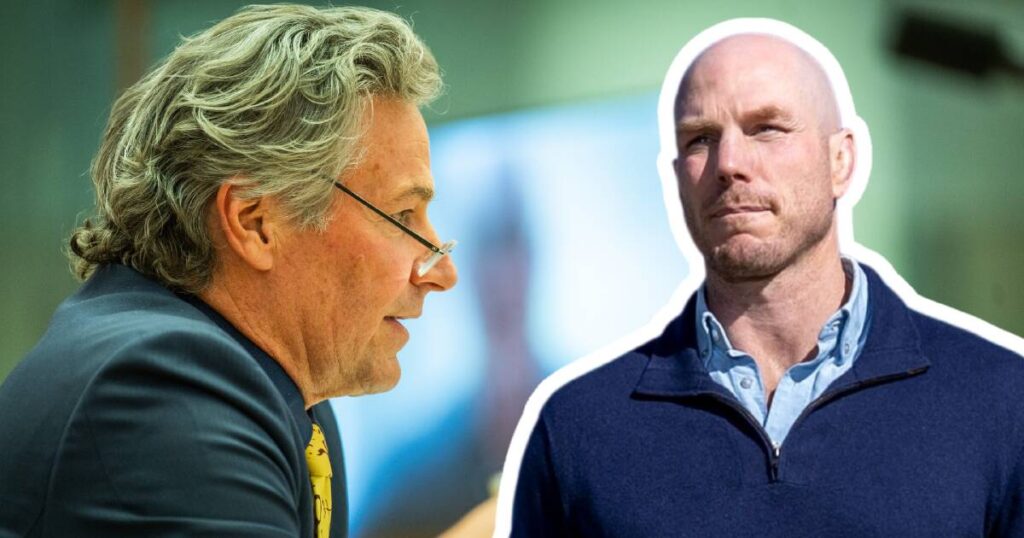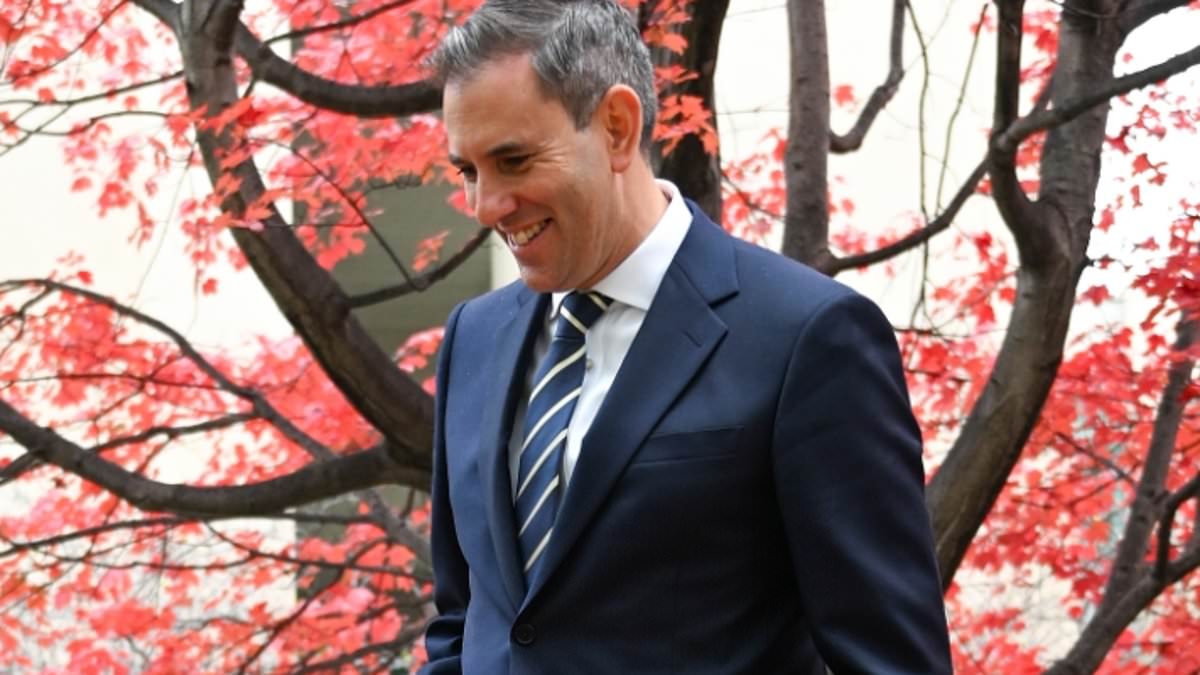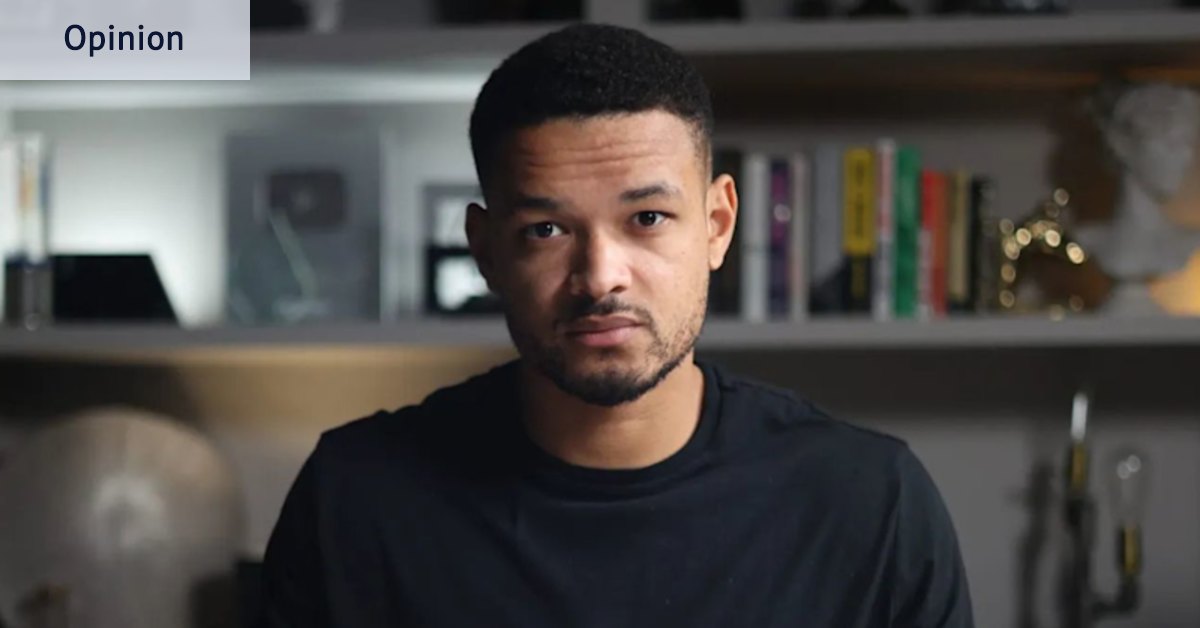
Nous Group, a prominent consultancy firm, has defended its strategic advice provided to the Australian National University (ANU) against allegations of employing a “cookie-cutter” approach. This defense comes in the wake of scrutiny over the university’s consultancy spending, which has sparked debate amid recent job cuts.
Appearing before a Senate committee on November 12, Nous Group’s Chief Executive Tim Orton detailed the firm’s involvement with ANU, revealing that they had conducted $2 million worth of consultancy work between 2024 and early 2025. This revelation comes as ANU faces criticism for spending $190 million on various consultants in previous years, a decision that has been questioned following staff reductions.
Consultancy Work Under Scrutiny
Tim Orton explained that Nous Group’s engagement with ANU began at the behest of former vice-chancellor Genevieve Bell, who commissioned a $50,000 analysis on strategic drives within Australian universities. Orton emphasized that there was no prior contact with Bell before her vice-chancellorship.
The consultancy’s initial analysis encompassed a broad range of areas, including research, performance, teaching and learning, student wellbeing, campus design, and financial sustainability. Orton stressed that following this initial engagement, Nous Group’s involvement was paused until the announcement of the Renew ANU initiative.
Complex Projects and Tailored Solutions
In October 2024, Nous Group resumed its work with ANU, tasked with executing three “unusually complex” projects. These projects included designing future academic portfolio arrangements, structuring academic services around research and innovation, and centralizing marketing and communication efforts. This work spanned from October 2024 to February 2025.
Orton addressed the financial aspect of their consultancy, stating that the work conducted in the past two years constituted “in the order of 0.04 percent of the revenue of universities.” He acknowledged the relatively small financial footprint of their work.
Rebuttal of “Cookie-Cutter” Allegations
During the Senate hearing, Independent ACT Senator David Pocock questioned whether Nous Group utilized a “cookie-cutter approach” in their consultancy. Orton firmly denied this, asserting, “We don’t put cookie-cutter models to universities because every university is different.” He elaborated that it would be unwise to apply a single model to any university due to the unique circumstances each institution faces.
“What we do is provide them with the information and options so that will inform them, to make those decisions,” Orton explained.
Implications and Future Considerations
The debate surrounding ANU’s consultancy spending and the role of firms like Nous Group highlights broader concerns about financial management in higher education. As universities navigate budget constraints and evolving educational demands, the scrutiny on external consultancy spending is likely to persist.
Looking ahead, the outcome of the Senate committee’s findings may influence future consultancy engagements across Australian universities. The focus on tailored solutions and strategic advice will remain critical as institutions strive to balance financial sustainability with academic excellence.
As the conversation around university governance continues, stakeholders will be keenly observing how consultancy firms adapt their approaches to meet the distinct needs of each educational institution.





